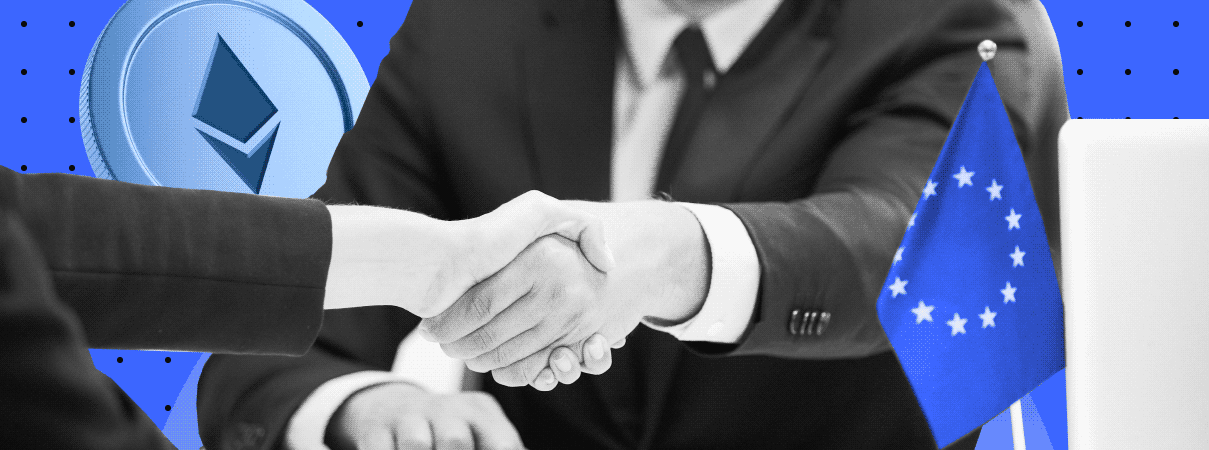The long-awaited update of the Ethereum blockchain network took place. Crypto enthusiasts are actively testing the new functionality amid the lowering commissions on the network of L2 solutions.

On March 13 at 13:55 (UTC), the Dencun hard fork took place on the Ethereum network. The update aims to improve the blockchain network’s scalability and significantly reduce transaction costs in Layer 2 protocols.
The Dencun update includes nine different EIPs that combine Ethereum’s execution layer update with improvements to the consensus layer. One of the hard fork’s most significant features is the introduction of Proto-Danksharding, which allows large amounts of data (BLOB objects) to be placed on L2 networks at reduced transaction fees.
Ethereum enthusiasts tested the new functionality immediately after the mainnet upgrade. The developer uploaded the full script of Bee Movie just 13 minutes after the update. According to Etherscan, the transaction value was $13.88. An hour later, Mason Hall, Investment Partner at a16z, did the same and paid just $5 for the transaction.
Dune Analytics reports that as of 13:00 (GMT+2), March 13, BLOB objects are supported by six L2 protocols on Ethereum, including Starknet, ZkSync, Optimism, and Base. As reported by The Block, the average cost of transaction fees on L2 solutions dropped dramatically since the update. Specifically, the Base network fees fell 99.8% to ~$0.0012 per transaction.
However, the decrease didn’t affect users on the Base network. Gas commissions on Ethereum remain high despite the slight decrease. As of 13:00 (GMT+2), users will have to pay an average of about $70 for a swap on the network and about $119 for an NFT sale.
Dencun is one of the major updates planned for this year, the Ethereum roadmap states. Earlier, experts named the hard fork as one of the main positive factors that could affect the value of Ethereum in 2024.









